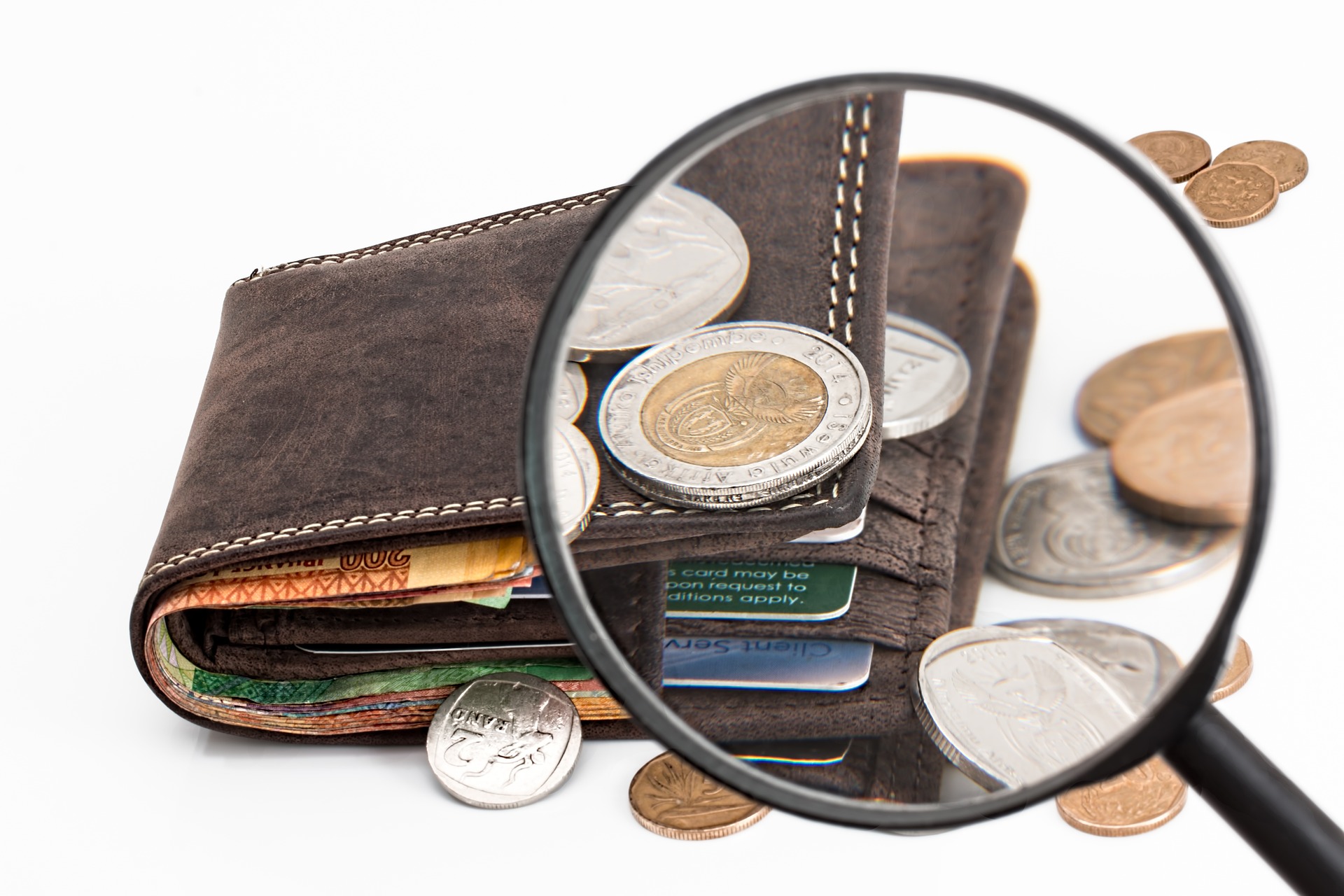“I’m on a budget”. Too often you recount those words, only to receive a slap to the face; such rude awakening. Living on a budget isn’t easy. The fondness of money creates an insatiable need to spend, even what we don’t possess. Gripping that habit by the horn is Herculean, but it’s highly plausible to bridle. When accounted for accordingly, money can be an effective tool.
So, you’re considering the feasibility of designing a budget, one that suits your circumstances, what’s next? What should you know before and after putting things to paper? The points below might spark your interest.
- Budgeting is not easy
Who doesn’t want a little extra? That’s right, we all do. Even without the means to, we’re inclined to accumulate things. Satisfying the basic needs will not suffice. That stunning designer top will surely be a hit and the newly rolled out iPhone 6 Plus is a sure treat to flaunt. Irrespective of how mapped out you have things concocted, adhering to that budget is no easy feat. Why? You’ll always encounter things or items that you think you ‘need’, when in reality, they’ll just be thrown into storage with the other items you purchased a few days ago.
Keeping a simple eye is crucial to resisting the urge to buy what you don’t need. Recognizing the difference between a need and want is just the initial step to conquering that spending impulse.
To supplement, hauling around those credit cards will just encourage and feed your fetish. Keep close only the cash needed when leaving home. You cannot spend money you don’t have. Keep those credit cards at bay.
- You’re not being realistic
After initially creating a budget, knowing that you’re cutting back and saving even a penny is very encouraging. However, it is often unveiled that individuals with a budget are too stringent or close-fisted. What does that mean? Too often people put a list in place but fail to include or foresee miscellaneous expenditures. Things do and will happen. Resist the desire to dish out what you don’t have to spend, but at the same time, do not design a budget that is impossible to reach.
Be true to yourself. If your utilities accumulate to a particular figure on a monthly basis, do not put lower than you need to. Bills aren’t reduced without concerted effort. Always imagine the worst. What does that mean? On a monthly basis, my husband and I do anticipate to pay electricity, water, and a few other bills. Since electricity and water is paid according to how much is utilized, it’d be foolish on our part to put aside a constant figure for those. We always estimate what we use, but we tend to put something little aside for contingencies. That’s just in case we do too much binge watching on Netflix for that month.
- Keeping a record is important
You’d be amazed at how many people fail to include accurate and consistent records in their budgeting journey. You might create a mental budget but I’m sure even the best of craniums slip up. Put things in writing. If needs be, walk with your budget if it’s not too cumbersome. That should serve as a reminder.
It’s also important to keep records when grocery shopping for the family, as that has a direct impact on how much you spend. Without a list of the items you need on a monthly or weekly basis, you could get in trouble. A list keeps you in check and lets you know what’s needed. Without a list, you’ll buy whatever you like, once you’re passing through a given aisle.
- You will fail
Have you ever encountered a cocky person, someone who was overly-confident? Think about someone applying that to their budget. Not good. You will fail. This is not to incur discouragement, but ask around and anyone who has created a budget will relate how they went head over heels. Practice, that’s what it takes. If you mess up at your first budget, why not re-evaluate to see what you can do better? Relapses are fine. Even the most astute budgeter has to deal with relapses. Nothing is perfect or final. There’ll always be areas in which you can improve and expand.
Creating a budget is a vital ingredient in any family. Not only does a budget control what you spend, but it also monitors and provides areas in which you can cut back. Why not start a budget today?










